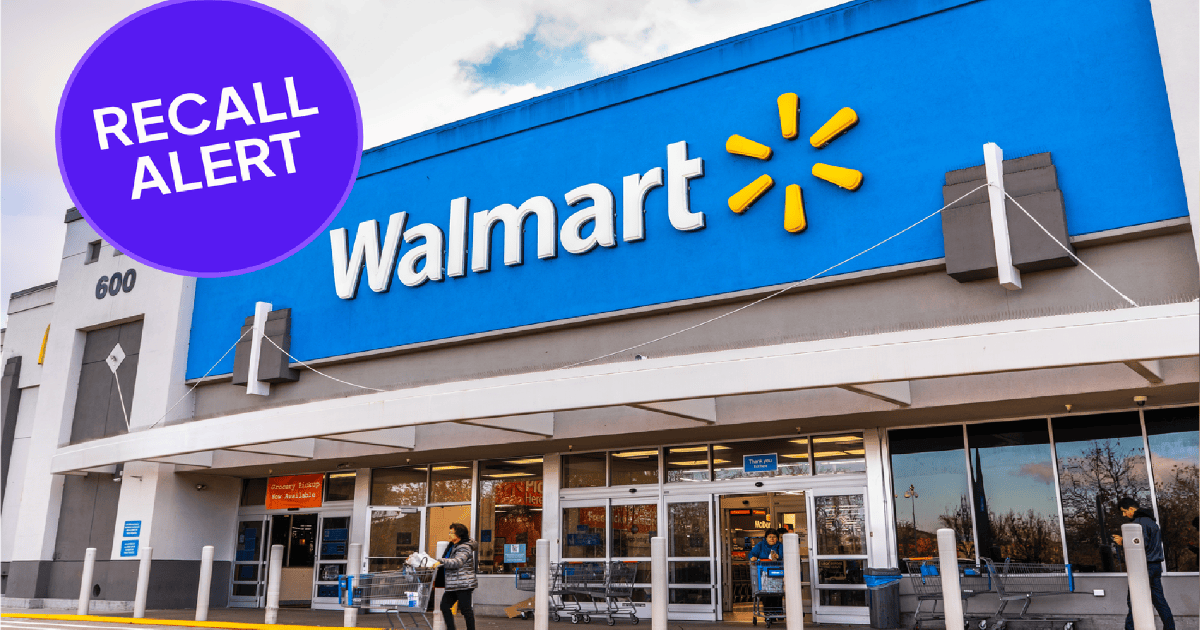This widespread recall highlights the ongoing vigilance required in our food supply chain and underscores the importance of public awareness when such threats emerge. Here’s everything U.S. consumers need to know about this urgent situation, including affected products, potential health risks, and crucial steps to take.
The Heart of the Matter: Why the Recall?
The recall stems from a potential contamination with Listeria monocytogenes, a bacterium that can lead to listeriosis, a serious and sometimes fatal infection. While healthy individuals may only experience short-term symptoms like high fever, severe headache, stiffness, nausea, abdominal pain, and diarrhea, Listeria poses a much greater threat to certain groups. Pregnant women, newborns, older adults, and those with weakened immune systems are particularly susceptible to severe complications, including miscarriages, stillbirths, life-threatening infections, and even death.
The specific details regarding the origin of the contamination are still under investigation, but the swift action by both Walmart and Kroger, in cooperation with federal food safety authorities, demonstrates a commitment to public health.
Are Your Meals Affected? What to Look For
The recalled products are typically found in the refrigerated, ready-to-eat sections of Walmart and Kroger stores. While specific product names and UPC codes will be detailed in official recall notices, consumers should be on high alert for:
- Pre-packaged salads: Often containing proteins like chicken or turkey.
- Ready-to-eat sandwiches and wraps: Particularly those with deli meats.
- Prepared meal kits: Designed for quick heating and consumption.
- Specific Brands: Keep an eye out for brand names that will be listed in the official recall notices from the retailers and potentially the Food Safety and Inspection Service (FSIS) or the Food and Drug Administration (FDA).
Important Information to Note:
- Check Packaging Carefully: Look for “Use By” dates, “Best By” dates, lot codes, and establishment numbers (often an “EST.” number inside the USDA mark of inspection) on the packaging. These identifiers are crucial for determining if a product is part of the recall.
- Retailer-Specific Information: Both Walmart and Kroger will issue their own detailed recall announcements, likely available on their corporate websites, in-store signage, and through their customer service channels.
- Widespread Impact: Given the national presence of both Walmart and Kroger, this recall is likely to affect consumers across multiple states.
What to Do If You Have a Recalled Product
Consumer safety is the top priority. If you believe you have purchased one of the recalled ready-to-eat meals, do not consume it. Follow these immediate steps:
- Discard the Product: The safest course of action is to throw the product away immediately. Place it in a sealed bag before disposal to prevent any potential spread of bacteria.
- Do Not Open or Taste: Even a small amount of contaminated food can transmit the bacteria. Resist the urge to open or taste the product to confirm its identity.
- Return to the Store for a Refund: Most retailers will offer a full refund for recalled items, even without a receipt, to encourage customers to return the potentially dangerous products.
- Wash and Sanitize: Thoroughly clean and sanitize any surfaces that the product may have touched, including countertops, cutting boards, refrigerators, and hands. Listeria can spread easily to other foods and surfaces.
- Monitor for Symptoms: If you have consumed any of the recalled meals, monitor yourself and family members for symptoms of listeriosis over the next few weeks. Symptoms can appear anywhere from a few days to a month or more after consuming contaminated food.
- Seek Medical Attention: If you experience any symptoms consistent with listeriosis, especially if you are in a high-risk group (pregnant, elderly, immunocompromised), contact your healthcare provider immediately. Inform them about the potential exposure to Listeria.
Staying Safe: Beyond the Current Recall
Food recalls, while concerning, are a vital part of our food safety system, demonstrating that detection and action are taking place. To minimize your risk of foodborne illness in general:
- Practice Safe Food Handling: Always wash your hands before and after handling food. Separate raw meats from ready-to-eat foods.
- Cook Thoroughly: Ensure foods are cooked to the appropriate internal temperatures.
Chill Promptly: Refrigerate perishable foods within two hours of cooking or purchasing. - Stay Informed: Regularly check recall notices from the FDA, FSIS, and major retailers. You can often sign up for email alerts from these agencies.
This recall serves as a powerful reminder for all consumers to remain vigilant and proactive about food safety. By understanding the risks and knowing what steps to take, we can protect ourselves and our loved ones from potential harm.


